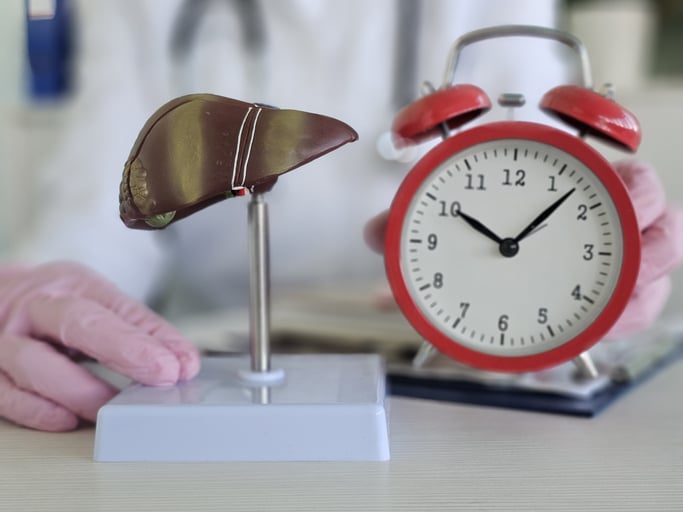Introduction: Your Posture Could Be Messing with Your Gut
Most people know that poor posture can lead to back pain, but did you know it can also affect your digestion? If you're spending hours hunched over a desk, driving long distances, or sitting in soft unsupportive chairs, your gut health could be taking a serious hit.
At BOD Support, we understand that how you sit impacts more than your spine. Let’s explore the surprising connection between sitting and digestion, and share simple ergonomic habits that can help restore balance to your body—and your belly.
The Connection Between Sitting and Digestion

When you slouch or sit for long periods without proper support, it compresses your abdominal organs. This pressure can:
-
Slow down digestion
-
Cause bloating, gas, and acid reflux
-
Trigger constipation or irregular bowel movements
Poor posture can also restrict blood flow and reduce oxygen supply to the digestive tract, making it harder for your gut to process food efficiently.
💡 Fun Fact: Your gastrointestinal system functions best when your body is upright and aligned—yet most modern habits work against that natural setup.
3 Ways Bad Sitting Posture Harms Your Gut Health

1. Slouching Compresses the Digestive Organs
Leaning forward or hunching over shrinks the space your stomach and intestines need to move and expand. This leads to slowed digestion, increased pressure, and trapped gas.
2. Prolonged Sitting Weakens Core Muscles
Your core muscles support posture and play a key role in moving food through your digestive tract. Inactivity weakens them, reducing efficiency and leading to sluggish digestion.
3. Shallow Breathing Reduces Oxygen to Digestive Organs
Bad posture encourages shallow chest breathing instead of deeper diaphragmatic breathing, which supplies your gut with the oxygen it needs for optimal function.
What You Can Do: Ergonomic Habits for Digestive Health
The good news? You can improve posture and gut health with a few small changes to your daily routine.
✅ 1. Sit Upright with Support

Choose an ergonomic seat cushion that helps align your spine and relieve pressure on your lower back and core. Memory foam cushions with lumbar support are ideal for maintaining a healthy posture during long hours of sitting.
✨ BOD Support's ergonomic cushions are specifically designed to promote upright sitting that supports both your back and digestion.
✅ 2. Take Movement Breaks Every 30–60 Minutes

Get up, walk around, or stretch to stimulate your abdominal muscles and encourage digestion. Even a minute or two can improve circulation and reduce gut compression.
✅ 3. Practice Deep Belly Breathing

Deep, slow breaths from the diaphragm encourage relaxation and stimulate the vagus nerve—an essential part of the gut-brain axis that regulates digestion.
✅ 4. Avoid Slumping After Meals
Post-meal slouching can cause acid reflux and bloating. Stay upright and supported for at least 30 minutes after eating to give your body a chance to process food properly.
Upgrade Your Seat, Improve Your Gut Health

At BOD Support, our memory foam seat cushions and back supports do more than relieve pain—they help restore alignment and support healthy digestion.
Our ergonomic products are ideal for:
-
Office workers sitting at a desk all day
-
Women working from home
-
Drivers and travelers on long trips
-
Wheelchair users seeking lasting comfort
-
Anyone suffering from posture-related digestive discomfort
Conclusion: Don’t Let Poor Posture Disrupt Your Digestion
Bad sitting habits may be silently sabotaging your gut health—but it doesn't have to stay that way. With a few ergonomic adjustments, like choosing the right seat cushion for posture support, you can ease pressure on your abdomen and get your digestion back on track.
Disclaimer: This story is auto-aggregated by a computer program and has not been created or edited by healthlydays.
Publisher: Source link











